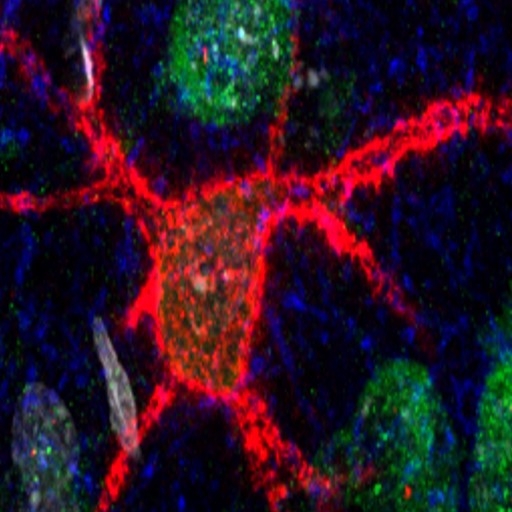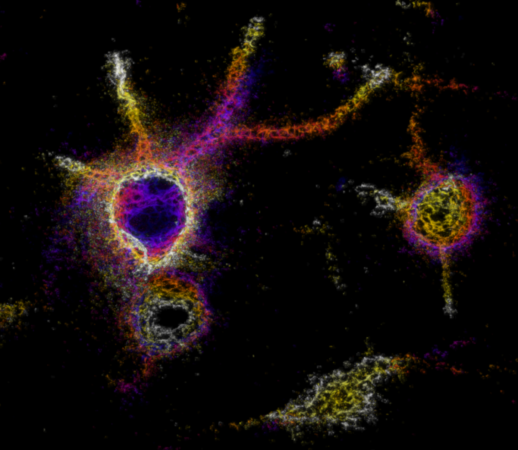You are here
Balancing Brain Plasticity / Stability
Speakers
Abstract
Brain function is largely shaped by experience in early life, creating windows of both great opportunity and vulnerability. Our work has focused on the biological basis for such critical periods, identifying both “triggers” and “brakes” on plasticity. Strikingly, the maturation of particular inhibitory circuits is pivotal for the onset timing of these windows. Manipulations of their emergence can either accelerate or delay developmental trajectories regardless of chronological age. Notably, many neurodevelopmental disorders are linked to alterations in excitatory-inhibitory balance, suggesting shifted critical period timing as part of their etiology. Closure of critical periods in turn reflects an active process, rather than a purely passive loss of plasticity factors. Lifting these brakes allows the reopening of plastic windows later in life, but may also underlie instability in disease states. Thus, understanding how brain plasticity and stability are balanced throughout life offers new insight into mental illness and novel therapeutic strategies for recovery of function in adulthood.



